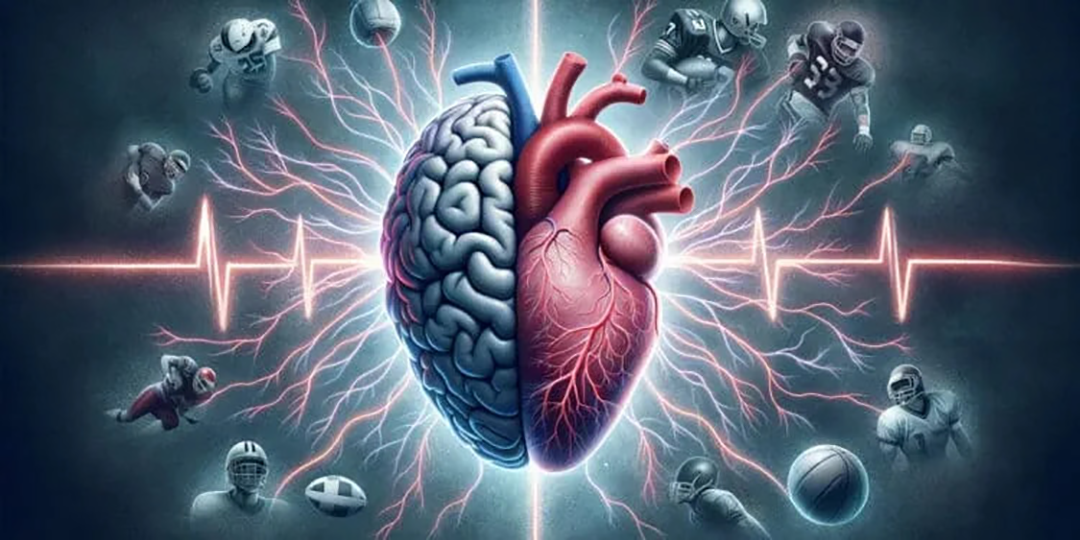Evidence-Based Sports Concussion Prevention Tips
Sports-related concussions (SRCs) are a critical concern for athletes, parents, coaches, and healthcare providers. As the understanding of concussion mechanisms and prevention strategies advances, evidence-based recommendations continue to emerge. The recently released 6th International Consensus Statement on Concussion in Sport and cutting-edge research from the Virginia Tech Helmet Lab provide valuable guidance. This blog will explore proven methods to reduce concussion risk and empower stakeholders to make informed safety decisions.
https://bjsm.bmj.com/content/57/11/695 (Link to the 6th international consensus statement)
Education and Awareness
Education remains the cornerstone of concussion prevention and management. Ensuring that athletes, coaches, and parents understand the symptoms, risks, and appropriate response protocols for concussions is essential. The 6th International Consensus emphasizes ongoing education initiatives to promote early identification and management of concussions.
Neuromuscular Training and Warm-Ups
Neuromuscular training can enhance body control and reduce injury risks, including concussions. Structured warm-ups focusing on balance, strength, and agility help athletes prepare their bodies for the demands of sport. Evidence supports incorporating these programs to decrease the likelihood of head impacts.
You can learn more about the role of neuromuscular training in concussion prevention.
Appropriate Helmet Selection and Usage
While helmets cannot completely prevent concussions, they play a critical role in reducing head injury severity. The Virginia Tech Helmet Lab provides comprehensive ratings to help consumers choose helmets based on their effectiveness in mitigating concussion risks. Athletes and parents can use this evidence-based resource to make informed decisions. You can check out the Virginia Tech Helmet lab here.
For more insights on the role of helmets in concussion prevention.
Guardian Caps for Additional Protection
Guardian caps are padded helmet covers designed to absorb impact and reduce head trauma during practices and games. Emerging research suggests they can effectively lower the risk of head impacts in certain sports.
Explore the effectiveness of Guardian Caps.
Mouthguards: A Complementary Safety Measure
Although the primary purpose of mouthguards is dental protection, some evidence suggests they may help reduce the risk of concussions by absorbing impact forces.
Read more about the role of mouthguards in concussion prevention.
Rule Modifications and Safe Play Practices
The consensus statement emphasizes the importance of sport-specific rule changes to minimize head impacts. Examples include banning high tackles in rugby and enforcing targeting penalties in football.
Proper Coaching Techniques
Coaches play a pivotal role in teaching athletes safe techniques, such as proper tackling methods in contact sports. Ensuring that players are trained to avoid dangerous maneuvers can significantly reduce concussion risks.
Ongoing Research and Monitoring
Staying informed about the latest research, such as the work conducted by the Virginia Tech Helmet Lab, is essential. Continuous advancements in technology and biomechanics will further guide evidence-based practices.
Conclusion
Preventing sports-related concussions requires a multi-faceted approach grounded in education, proper equipment, and safe play practices. By leveraging insights from the 6th International Consensus Statement and the Virginia Tech Helmet Lab, stakeholders can make informed decisions to protect athletes.
For more educational content on concussion prevention, explore our comprehensive blog collection.


